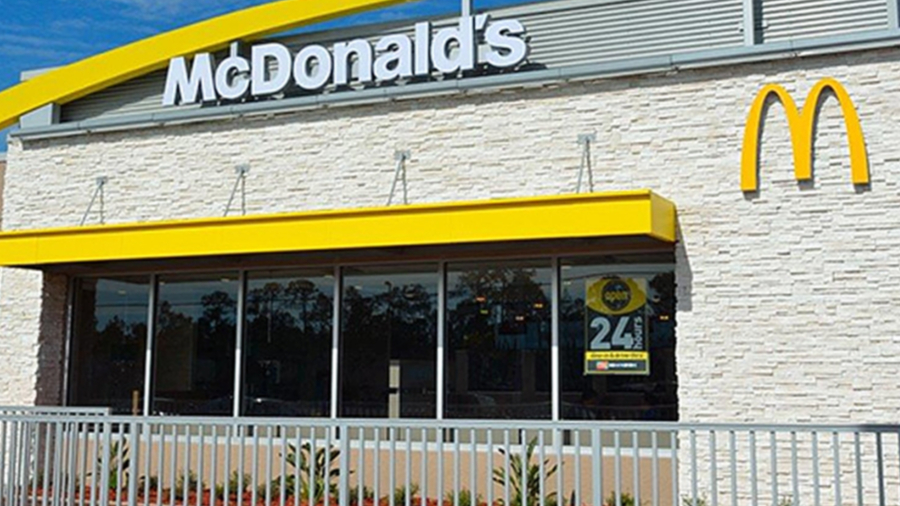Why McDonald’s Is Furious With The State Of California
McDonald's has a bone to pick with the state of California. The state's new fast-food bill has angered top executives.
This article is more than 2 years old

The President of McDonald’s in the United States has criticized a California bill that gives the state more control over salaries for fast-food workers. The burger giant says it unfairly targets big chains. The remarks by Joe Erlinger come after the state said it would give a 10-person council the authority to raise the food industry’s minimum wage to $22 an hour for chains with more than 100 national locations. The Golden State’s current wage floor is $15.50 an hour. The council would also have the authority to establish new safety conditions.
In a statement on McDonald’s website, Erlinger that he supports higher minimum wages for all workers when done thoughtfully and fairly. And, when properly applied across an even playing field, the legislation can be highly effective. He also welcomes dialogue on legislation requiring mandatory training around safe, inclusive, and respectful workplaces which is already underway at every McDonald’s worldwide. But he claims that California’s AB 257 legislation, also known as the “Fast Act,” will do the exact opposite.
Explaining the reasons behind his stance, Erlinger said California’s approach targets some workplaces and not others, imposing higher costs on one type of restaurant while sparing others. “That’s true even if those two restaurants have the same revenues and the same number of employees,” he wrote. The McDonald’s boss also noted that proponents of the legislation believe it could be a model for other states, and special interest groups are directing money to make it a reality. “This should raise alarm bells across the country,” he added in his statement.
McDonald’s comments represent a rare public statement on pending legislation which has usually been done quietly, through lobbyists. Since the popular burger brand is the biggest target of the legislation, which would affect hundreds of fast-food chains operating in California, the strong reaction is not that strange. The Golden-arched restaurant has around 1,100 locations in California, with opponents of the legislation arguing that it would force fast-food restaurants to raise prices by 20% to offset the higher wage rates.
Like McDonald’s, other restaurant chains have been fighting the bill as well, CNBC reports. State records show that Chipotle Mexican Grill, Chick-fil-A, Yum Brands, and Restaurant Brands International are among the chains that have been spending money to lobby California lawmakers to oppose the new bill. The National Restaurant Association has also spent about $140,000 to fight the bill, according to California records. The organization’s President, Michelle Korsmo said that 45% of California restaurant operators report that business conditions are worse today than they were months ago.
Interestingly, a stricter version of the FAST Act that would make franchisors like McDonald’s liable for their franchisees’ labor violations already passed the California state Assembly. But the volume of changes made to the Senate version means the bill will have to be voted on again or reconciled before it can make its way to Governor Gavin Newsom’s desk. For now, the politician hasn’t indicated whether he’ll sign the bill since his Department of Finance opposed the initial version.





